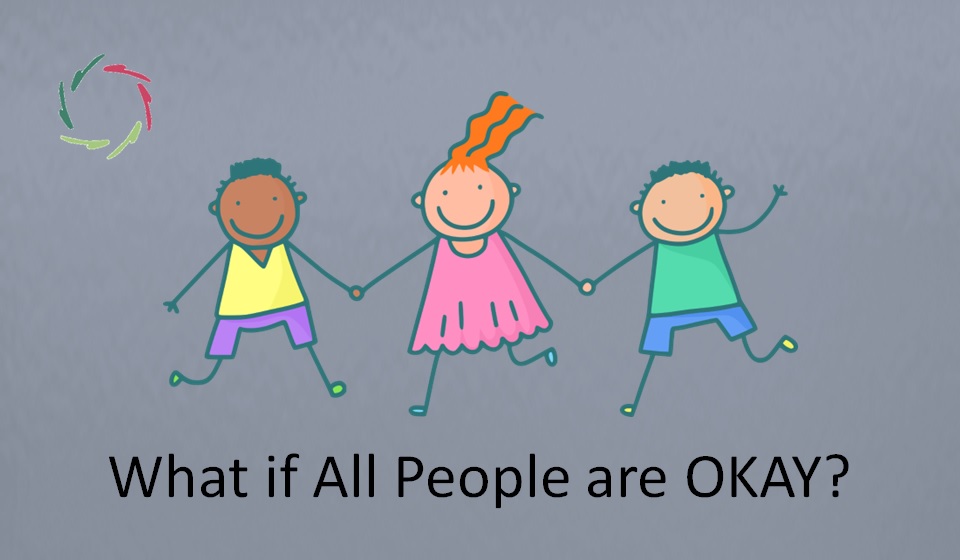Beyond Post-Truth

‘Getting beyond’ is as much related to meaning as it is to truth.
[Please read before this: ‘Post-Truth’]
Let’s get beyond it
Which, I admit – without POMO-ing myself – may not be completely possible. There is always more ‘between heaven and earth’ [quoting Shakespeare] not to speak about ‘beyond heaven and earth’. But that’s a different story.
Let’s get beyond a denigration of facts. Even if an ideal cannot be reached, we can still value any striving in the direction of truth.
In any case, anything within AURELIS has this striving as the essence itself.
Please look again now at the under-title of ‘Post-Truth’. You may see how this makes ‘post-truth’ impossible: the essence itself is the search for truth.
AURELIS is a synthesis of truth-striving and a striving to value ‘deeper meaning’ [see: ‘Two Meanings of ‘Meaning’] as much as possible, without competition between both. Even more: from a certain point, truth and deeper meaning are indispensable to each other in our human understanding.
So, here you have in one go the core of the whole project at high level.
Being completely incompatible with post-truth.
Jyotirlinga
is a devotional representation of Shiva. There are twelve traditional Jyotirlinga shrines in India. Jyotir Lingam means the Radiant Sign of The Almighty Shiva, being an infinite pillar of truth, a striving beyond human potential. Having been at one in Ujjain, India, I found it very beautiful and interesting. The experience is there for whom can let oneself go. All scientists should have it at least once.
And all politicians.
How to go beyond
Post-truth is about power: inner strength [see: ‘Being of Value’] and its use or misuse.
The principle of going beyond is simple: you fight misuse with proper use, the aim of AURELIS.
Using inner strength in many ways as well as possible.
For example, as a physician, I look at healthcare. There is lots of post-truth in this domain. Lots of placebo as a lie or an I-don’t-care to start with.
Inner strength – or the lack of it – is present everywhere. Thus also opportunities to see and to act. If this would be brought into the open, politicians of bad faith would have a much harder time abusing it.
Fact-checking
is of course very much OK in principle but it doesn’t reach the core. Even more, it can backfire if it’s seen as the enemy. If the lie is the purpose, then fighting the lie heightens the need for that purpose.
Factualness versus meaningfulness
People see lots of facts which are not serving their sense of meaningfulness. Even more: the more facts, the less they feel meaningful. Losing jobs doesn’t help. Neither does losing relationships, a sense of bright future, a sense of culture, of deep religion, of a meaningful past, a sense of us, together, including home and safety, a sense of nice future for one’s children, all through the ‘rational use of facts.’
Thus meaningfulness gets lost and aggression [see: ‘From Aggression to Efficiency’] searches for a way out. So human, so understandable. So asking for support in heightening inner strength and reclaiming meaningfulness.
People without meaningfulness take revenge on facts. Give them back meaningfulness and they will respect facts.


